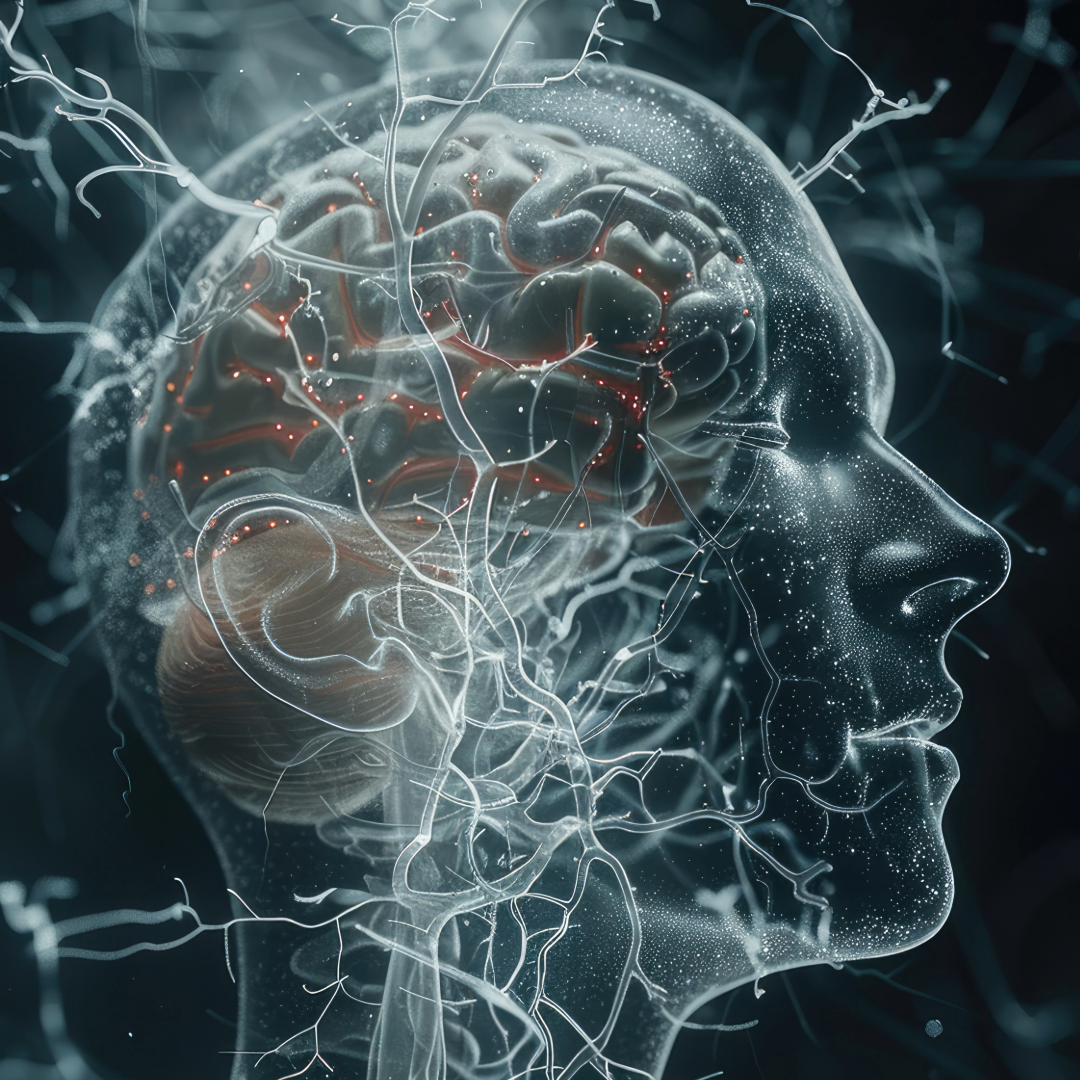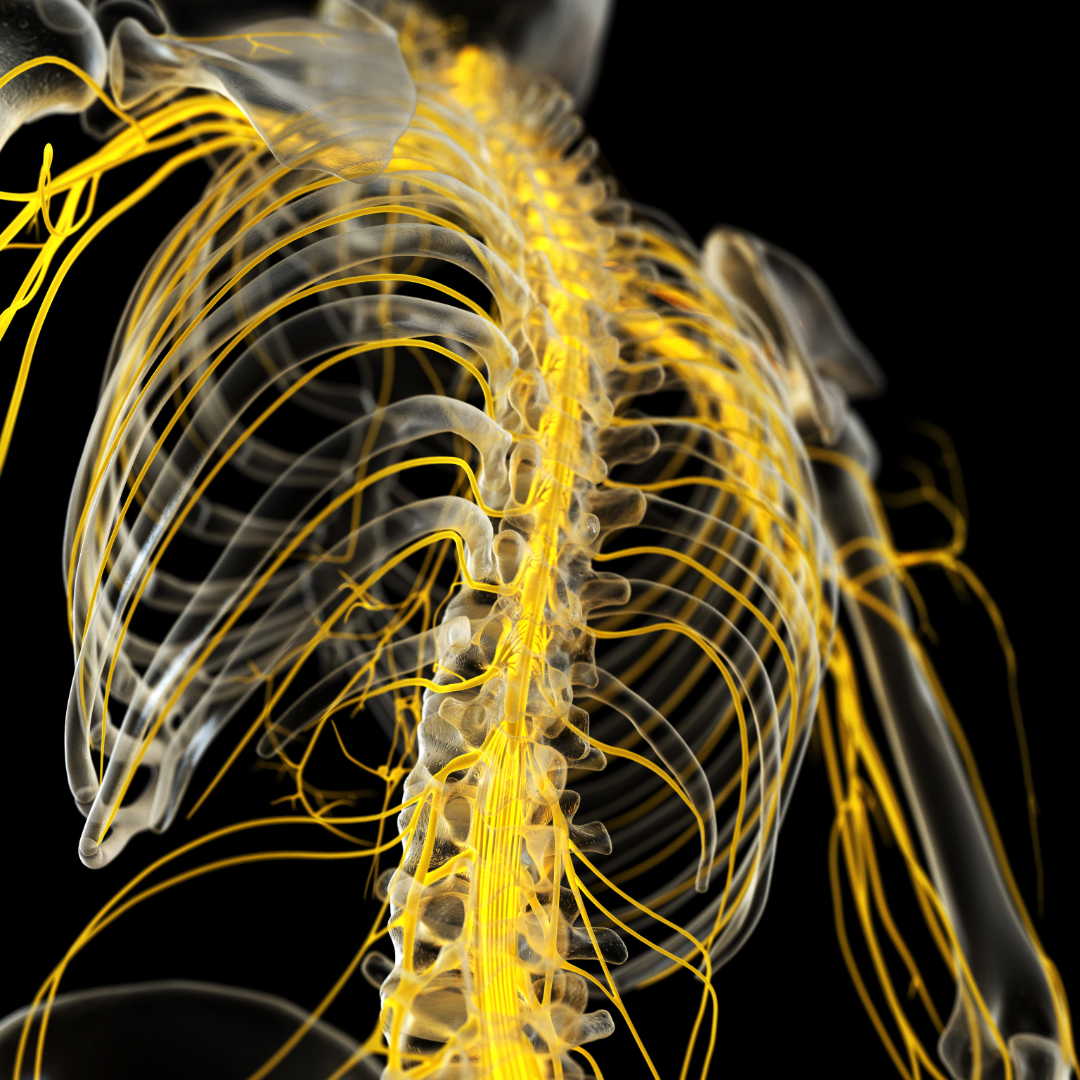This is the second part of a series about Adriaan Louw’s book Why Do I Hurt—a Patient
Book About the Neuroscience of Pain. The author is to be credited, and this book is
highly recommended.
Pain can have a very obvious and local source, like a spot of pain from a stress fracture
or a more complex and widespread source. It’s important to remember that no matter
your situation, your pain is real, your suffering is real, and your experience is valid.
The body has more than 400 individual nerves that are all connected in the nervous
system, like a network of roads. These nerves are the main way the nervous system
communicates, sending signals back and forth.
As we learn more about neuroscience, we’re understanding the crucial role that the nervous system (nerves, spinal cord, and brain) plays in generating pain, especially chronic pain. Chronic pain lasts longer than the normal healing time of tissues.

Some nerves work like an alarm system – they have a resting level of activity, but when
something triggers them, they send a signal to the brain. The brain then interprets this
as danger and produces the sensation of pain in response. For example, if you step on
a nail, the nerve activity increases, triggering an alarm that sends a dangerous message
to your brain, causing you to experience a lot of pain. Once the danger is resolved, the
nerve activity returns to its resting level.
In some people and situations, these nerves can remain extra sensitive, and the
nervous system becomes overprotective. In this situation, even small activities or
motions might trigger the alarm and cause pain. This doesn’t necessarily mean there is
increased damage or something wrong; it could simply be a result of increased nerve
sensitivity.

It’s crucial to understand that a sensitized nervous system results in real physical
changes in your body, resulting in increased pain. These changes are real and complex
and not just “in your head”. Thinking about nerves as an alarm system, it’s like having a
house alarm that goes off if someone even knocks on the door due to being
oversensitive.
Stay tuned for the next post as we continue to explore this concept of an overactive
nervous system and how it relates to our symptoms.
Fill out the form below and we will get back to you shortly on scheduling your appointment date!

CONTACT:
833-4 WE HEAL (833-493-4325)
Fax: 833-918-2233
[email protected]
WORKING HOURS:
Monday – Friday
8:00AM – 5:00PM